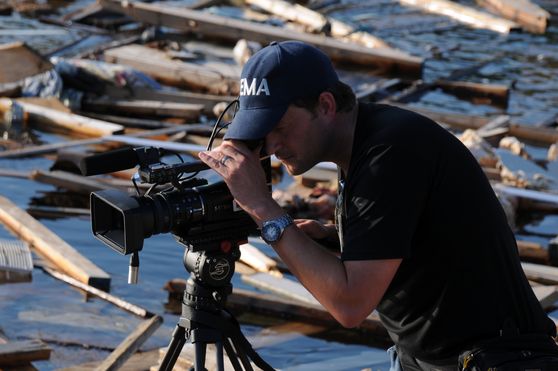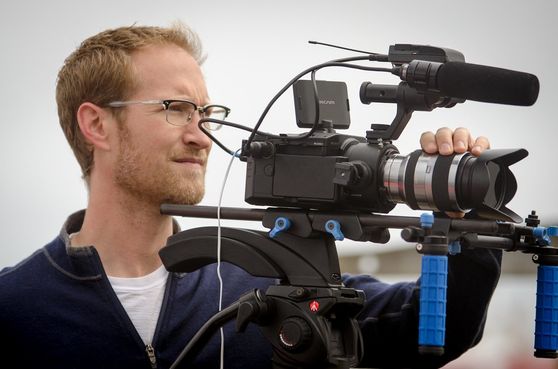Who is a Videographer: jobs, online and offline courses and top qualities


What is videography?
Videography is the process of producing a video from ideation to a final product. Videography involved capturing footage, setting up equipment, and editing the moving images. These processes could be divided amongst a small team or be carried out by a single person, depending on the scale of the production. Nowadays, the medium is usually digital, with the use of digital cameras and the captured video being stored on memory cards or other similar media.
Difference between cinematography and videography?
Videography and cinematography are similar in that they both capture footage and produce video output. But the two roles are actually quite different. Let’s start with the cinematographer first - as the name suggests, they work with ‘cinema’, which is to signify that there is ideation, storytelling and of course a greater artistic involvement involved.
A videographer, on the other hand, has the video as his masterpiece. Videographer must be must more inventive with their techniques and shots as there may or may not be a story involved, but they must use the footage they capture in various combinations to produce a pleasing video that meets the brief.
A film crew may include both a cinematographer and a videographer, however, independent videographers work more on live events, shows, concerts or weddings. If you think cinematography is more your calling - be sure to check out a career in cinematography.
What are some of the must-have qualities of a videographer
Being a people person: This is definitely one of the most important qualities one looks for in a videographer. Video production is a creative and exciting industry, and to excel in the long run videographers must provide excellent service, communicate effectively, and show general etiquette and respect. If you decide to meet potential candidates before committing to a project, get to know them and their backgrounds. The video content you are commissioned to make should to be tailored to their needs, hence getting to know them through positive communication and interactions is a great place to start. When you are doing good work, having the right rapport with your clients also helps to propagate your brand as they are much more likely to ‘spread the word’.
Knowing your equipment: As technology continues to progress, it is the videographer’s responsibility to stay on top of their game so far as technology is concerned. As a videographer, you are likely to face a number of problems and breakdowns when on the job. It is essential to be able to troubleshoot and fix these problems on the go. On the other hand, you may have clients who come to you with very specific requirements, meeting which will require the use of advanced technology - knowing where you can get your hands on the right equipment, as well as having the versatility to operate them will take you a long way.
Being a master of the art: While as a videographer, you may not be in charge of the storytelling, you will certainly be responsible for shot selection, determining of angles and also the final edits. It helps to practice, experiment and develop a good eye that both aligns with your vision and creativity and is appreciated by people looking at your work. Another must-have is to develop expertise in the editing software that you use to bring out the best from the footage you have.

Top videography courses in India to apply for:
In India, a number of videography courses are available at certification and diploma levels. A videography diploma will be an undergraduate or postgraduate level course lasting one to two years. These courses have a minimum eligibility requirement of 10+2. Interested candidates can take them as a full-time option or even choose to pursue them alongside other courses in filmmaking.
As someone interested in making a career in videography, you may also want to explore a few online course options - where you can learn at your own pace, from the safety of your home and just as easily alongside a different job or course.
Some of the top courses to check out are:
Offline:
Online:
These lists are, however, not exhaustive. So feel free to shop around. Most of the online platforms offer multiple courses, where you can decide on the specific element you want to learn, or hone your skills in.
Jobs:
Some of the top job roles one can pursue after a videography course are:
Video is a medium that allows us to connect on a more emotional level with clients and customers. Videographers often evoke emotions, elicit reactions and convey so much more than can be done with words or even dialogues. Videos can also add a more personal touch to one’s message and memories. After all, as the videographer, you bring to the table your vision and your ability to capture in moving images that needs to be conveyed. So are you ready to take on the responsibility?